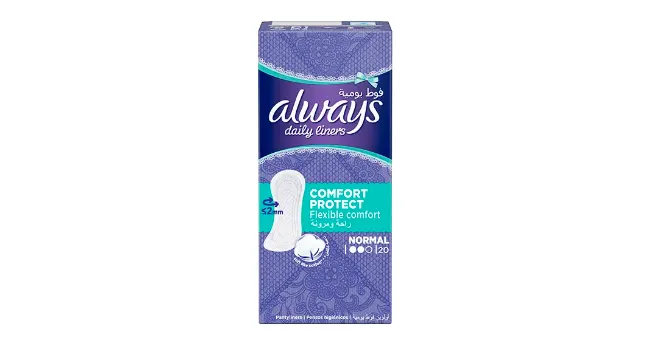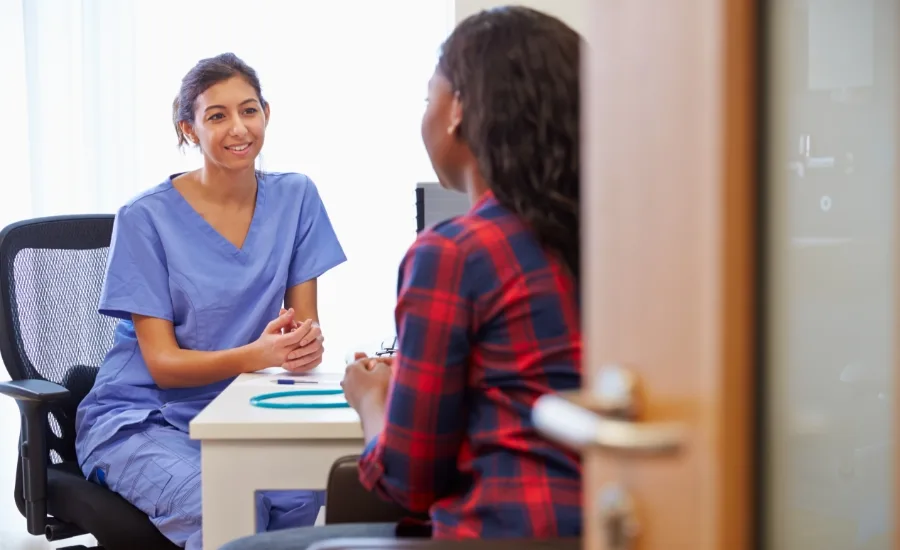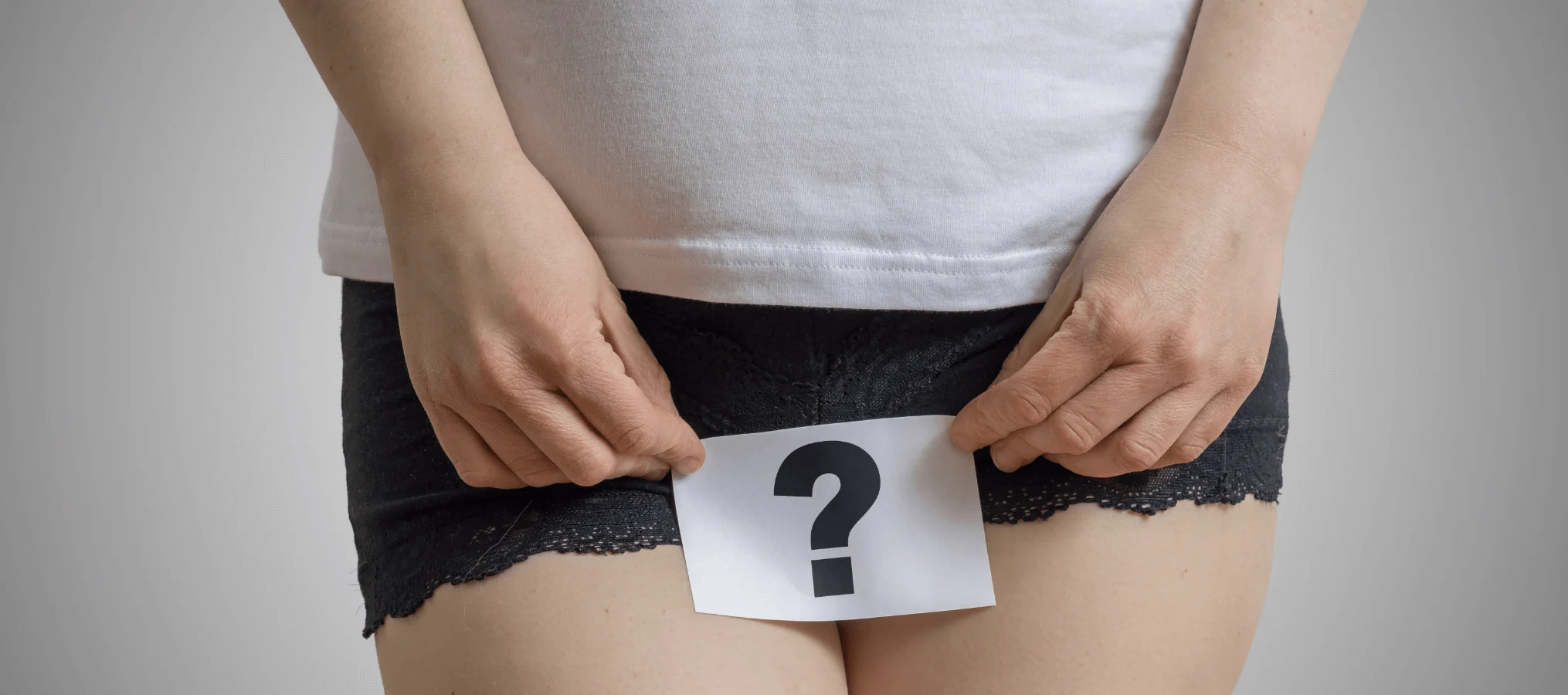Yeast Infection during pregnancy: All you need to know

Yeast infection is a condition that many women go through. But did you know yeast infections during pregnancy are more common. Why? Increased levels of estrogen during pregnancy could be the primary reason. The normal balance of yeast and bacteria in your vagina is disrupted due to this increase and could lead to overgrowth of yeast, thereby increasing your chances of getting yeast infection while being pregnant.
What is a yeast infection?
Vulvovaginal candidiasis, or moniliasis, is a yeast infection of the vulva and vagina. Yeast is a type of fungus. The yeast that most often causes these infections is Candida albicans, but there are other types of yeast that can be responsible as well such as Candida glabrata and Candida tropicalis.
Yeast infection during pregnancy is most common owing to fluctuations in hormone levels. While it is important that anyone with a yeast infection must get it treated, it is even more imperative that pregnant women get the required medical attention as it’s possible that the yeast can get can passed on to your baby during childbirth. So, if you have yeast infection during pregnancy, especially in the third trimester, it is even more crucial to take timely action and get the appropriate treatment.
Symptoms of yeast infection during pregnancy
Some of the primary symptoms of yeast infection while pregnant include itching in your vagina and vulvar area, along with white vaginal discharge. Most often, this discharge doesn’t have an odour and it may resemble the consistency of cottage cheese. To manage vaginal discharge during pregnancy, use good quality panty liners such as Always liners. The Comfort Protect liners by Always are designed for a flexible & comfortable fit so you barely feel a thing. It comes with a breathable design that offers trusted dryness and long-lasting freshness. These liners are dermatologically tested to be gentle on your skin.
You can expect the symptoms to last anywhere from a few hours, days, or even weeks. Some of its other symptoms include:
If you have soreness or pain in the vagina or vulva
Experiencing discomfort or pain while having an intercourse
Having a burning sensation when urinating
Rashes or inflammation on the skin of the vulva and around it.

Causes of yeast infection during pregnancy
Some of the common reasons why you could have yeast infection while being pregnant include:
1. Antibiotics -
If you’re on antibiotics, for any given reason, it could alter the balance of yeast and bacteria in your vagina. This imbalance could lead to yeast infection.
2. Diabetes -
If you’re diabetic and your blood sugar isn’t well controlled, you’re more susceptible to getting yeast infection.
3. Compromised immune system -
If you have certain conditions such as HIV or if you’re on medications like corticosteroids, it can weaken your immune system by making it difficult for it to function properly. A compromised immune system makes it more likely for you to get the infection.
4. Douching -
Using douches or vaginal sprays to “clean” your vagina will end up harming you. Doing so thwarts the pH balance of your vagina, and this imbalance could invite yeast infections.
What should I do if I think I have a yeast infection during pregnancy?
Now that you know the signs and symptoms of what a yeast infection during pregnancy could look like, keep a close eye on the symptoms. If you think you have a yeast infection while you’re pregnant, contact your doctor immediately. You may need to have your vaginal discharge tested to confirm your infection and rule out other things that may be causing your symptoms.
Your doctor will then prescribe an ointment or antifungal vaginal cream, or a suppository, depending on the safest option that suits you. Remember to not use any oral over-the-counter medication to treat a yeast infection during pregnancy without first consulting your doctor. You don’t know what may be unsafe for you or your baby.

Will my baby be affected with a yeast infection during pregnancy?
The simple answer is no, a yeast infection during pregnancy won't hurt or affect your developing baby. However, it's important to first, rule out other potential causes for your symptoms because there are other kinds of infections with similar symptoms that can affect you and your baby. Moreover, if yeast infection or its symptoms are left untreated or ignored, it could cause complications during childbirth.
Yeast infection during pregnancy: Treatment
Typically, yeast infections are treated with many options of over-the-counter antifungal vaginal creams or suppositories. These medicines normally help relieve your symptoms within seven days. However, with untreated yeast infection during pregnancy, your first step should be to confirm with your doctor that the symptoms that you have are due to a yeast infection before you start with the treatment. This is because one can confuse its symptoms with other conditions such as an allergic reaction to irritants, STIs (Sexually Transmitted Infections) or bacterial vaginosis.
Once your doctor confirms, he or she can guide you with a treatment plan that is safe during pregnancy. Most often topical ointments such as antifungal creams do the job.
When you have yeast infection, especially during pregnancy, natural remedies are what most women opt for. However, doctors and medical professionals strongly suggest that pregnant women must avoid resorting to any home remedies to treat their infection. It is best to consult your doctor about the same.

How can I prevent a yeast infection?
Maintaining proper intimate hygiene will help you keep not just yeast infections, but other infections and rashes too at bay. Here are some simple practices that can help:
- Wearing loose underwear made with natural, breathable material such as cotton that helps ensure airflow and allows your vaginal area to breathe. Having a cotton crotch in your panty is also great to help keep your vagina dry.
- Make sure you wipe your vaginal area from the front to back after you use the bathroom. This prevents transfer of any bacterial that could cause infections.
- Avoid douching as it can disrupt the pH balance in your vagina.
- Always try to keep your genital area dry. If you’ve worked out or have a wet swimsuit on, change out of it immediately. Allow better air circulation by avoiding tight pants and pantyhose.
- Don’t use products such toilet paper, vaginal sprays, bubble bath, or sanitary pads that are scented or have irritants. Pregnancy is not the only time when you deal with yeast infection. While on periods, using superior quality sanitary products such as Always pads are a good option. The Cotton Soft Pads are a great option as they are comfortable as well as offer ultimate protection. Its comfortable top sheet with innovative soft design offers cushiony soft comfort. You get ease of movement thanks to the flexi channels and its unique flexi wings keep the pad in place so you can go about your day without any worry.
- Increase the intake of natural, unsweetened, non-flavoured yogurt as it contains helpful bacteria, called probiotics. These help in regaining the balance of bacteria and yeast in the body. There’s also an option of certain probiotic supplements that are specially formulated for female reproductive health. These help in restoring the balance of bacteria and yeast in the vagina. However, it is essential that you consult with your doctor before adding any such supplements to your diet.
Takeaway
Getting yeast infections during pregnancy is quite common and not something to get worried about. It is important that you identify the symptoms and consult a medical professional who can confirm the infection and prescribe appropriate medication.
Stay well prepared for your next period by tracking it on Always Period Calculator
Curious about vaginal steaming benefits? Learn why experts advise caution with this practice.
FAQs
1. How do you treat a yeast infection while pregnant?
Typically, yeast infections are treated with many options of over-the-counter antifungal vaginal creams or suppositories. However, with yeast infection during pregnancy, your first step should be to confirm with your doctor that the symptoms that you have are due to a yeast infection before you start with the treatment. Once your doctor confirms, he or she can guide you with a treatment plan that is safe during pregnancy. Most often topical ointments such as antifungal creams do the job.
2. Can yeast infection affect baby during pregnancy?
No, a yeast infection during pregnancy won't hurt or affect your developing baby. However, it's important to first, rule out other potential causes for your symptoms because there are other kinds of infections with similar symptoms that can affect you and your baby. Moreover, if yeast infection or its symptoms are left untreated or ignored, it could cause complications during childbirth.
3. Can you give birth with a yeast infection?
The simple answer is yes, you can. However, it’s possible that the yeast can get can passed on to your baby during childbirth. So, if you have yeast infection during pregnancy, in the third trimester, it is even more crucial to take timely action and get the appropriate treatment.
Disclaimer
Please note the date of last review or update on all articles. No content on this site, regardless of date, should ever be used as a substitute for direct medical advice, diagnosis or treatment from your doctor or other qualified clinician. Always is committed to ensuring that all of our products meet rigorous safety standards; Always pads prioritize safety, protection and comfort of its consumers.




